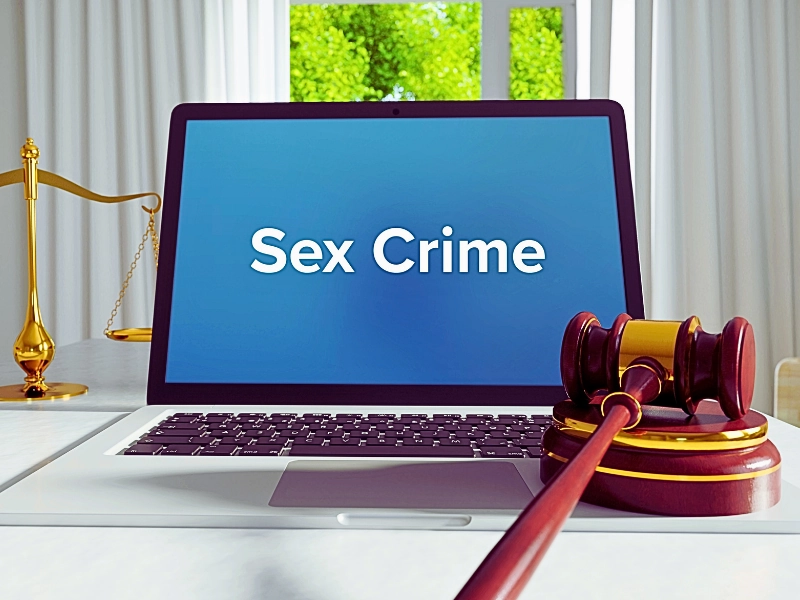Recently, Minnesota Vikings running back Adrian Peterson was indicted on child abuse charges for an incident that occurred while he was disciplining his child. According to the Houston Chronicle, the indictment has called attention to the way a jury is selected in the state of Texas, which can either be done at random or under the supervision of a court-appointed commissioner. For Peterson’s grand jury hearing, the chief deputy county clerk was tasked with the process of finding jurors. As an assistant professor of criminal justice notes, the clerk is considered a work associate of the district attorney, which means he may have been influenced during jury selection.
The selection process for grand and trial juries operates differently in Minnesota than in Texas, though it is still a crucial part of the justice system. Anyone facing a felony charge is constitutionally granted the right to a fair trial, and choosing the right jurors plays a key role in upholding that right.
The selection process
According to the Minnesota Judicial Branch, there is a long list of potential jurors that a computer randomly pulls from as people are preparing for trial. The list is a combination of the following:
- The Minnesota driver’s license list
- The Minnesota state identification list
- The Minnesota voter’s registration list
Every year, the judicial branch issues roughly 30,000 summons to people who are asked to serve on a jury. Depending on the type of case, between six and 12 people will be selected for the jury along with alternates who may be chosen in the event someone is sick or unable to serve.
After the summons
In most criminal cases, once people have been asked to serve, they will join the rest of the jurors in the jury box where they will listen to a statement from the judge about the case. At that time, the judge will ask if there are any reasons someone will not be able to serve, and attorneys may interrogate people regarding their knowledge of the case or other experiences that could cause bias.
If an attorney believes that a juror is prejudiced, the judge may dismiss the person for cause. For example, this could occur in situations in which a potential juror is a family member of the defendant. Additionally, lawyers are granted peremptory challenges that enable them to dismiss a juror without having to state a cause, but these challenges may not be used on the basis of race or sex.
Once both attorneys agree to the selected jurors, the court clerk swears them in and the trial may take place. Anyone with questions regarding this process should consult with a criminal defense attorney.






